This article won’t end racism
Junior Julian Burton and senior David Engel recreate an iconic photo taken of Georgino Wijnaldum and Frenkie De Jong, two stars for the Dutch National team.
When I was in fourth grade, our class was assigned to tutor some of the kindergarten students. I remember me and my (white) friend were assigned to tutor the same kid, and at first, it was great. The kid seemed to be enjoying our help and cooperating very well. One day, however, my friend was absent from school, so the kid was just with me, and his attitude changed. He was much more stubborn, and refused to do tasks he was previously doing. I remember asking him why, and his answer was simply “I don’t like you.” I asked why he didn’t like me, and he said, with a straight face, “because you’re Black.” At the time, I took it pretty lightly, as if that was a valid reason, and I pretty much forgot about the incident. Now, however, having grown up and learned about the ways in which racism and social divide still plagues us today, I realized that this kid was not only wrong to say that, but the fact that he did say that means he was taught from a young age to be rude to people who didn’t look like him, because frankly, no child is born racist.
Growing up in elementary school, we’re all taught about slavery, segregation and racism as a whole, but at such a young age, the main problem is that schools teach this material as if it’s over. In my 10-year old mind, Abraham Lincoln and Martin Luther King died on the cross and racism was gone. I even remember when I was watching a World Cup soccer game, the players held up a banner that said “Say No to Racism,” and I was genuinely confused. I said something along the lines of “What are they talking about? There’s no more racism!” My dad laughed at that.
Another funny story is when I was in middle school, I didn’t really look Black. My hair being sort of wavy and my skin being lighter led people to think I was Indian or Middle Eastern, and that’s how I found out people say the n-word when they don’t think Black people are around. I remember taking a math test retake during lunch one period, and the two girls on the other side of the classroom (neither were Black) were playing a song that had the n-word in it quite frequently. I minded my own business, but I was annoyed to hear them sing along to it, knowing full well they wouldn’t have if they knew there was a Black person listening. Experiences like this make you realize that lots of people try to create a politically correct cover, sometimes even tricking themselves into believing they’re “good people” even though their actions make them part of the problem.
After the murders of George Floyd and Breonna Taylor, I remember the day when everybody was posting black screens on their Instagram pages as a salute. While I appreciate the sentiment, I didn’t participate. The fact is, posting a black square to “prove” you’re not racist doesn’t really do much but make you feel better about yourself for a few days, and then nothing changes, until someone is murdered again, and I didn’t want to feel good about something just for a few days when I knew it wouldn’t make a real difference.
It’s the same way in sports, too. When England lost the UEFA Euro Final last summer, the blame was thrown on three young Black players who missed penalty kicks, and Black people in England were genuinely attacked for this. I remember about an hour after the game ended, I was shown a video of a Black man being thrown into a lake, and seeing countless tweets, which were soon deleted, saying heinous things about killing Black people and the like. Of course, as this happened, mobs of people joined together to show solidarity, which is all well and good, but I know full well that if England lost the World Cup final, the same exact thing will happen, and nothing will change. Chelsea FC center back Antonio Rudiger put it in better words than I ever could, when he wrote “There is an investigation, but nothing really happens. Every once in a while, we have a big social media campaign, and everybody feels good about themselves, and then we go back to normal.”
So, the question is, how can we fix this? How can we really put racism in the past, and for good this time? It’s not easy to answer. It starts with education. Schools have to be teaching young kids that racism is around today, and that it’s not acceptable. But besides that, it’s really hard to tackle an issue that’s rooted so deep into society, and hidden behind a mask of politically correct faces. How can we teach kids that their parents’ racist practices are wrong, when kids pick up everything from their parents?
One thing I will ask is that next time an innocent Black person is killed, do me a favor and instead of posting a story about it, check up on your closest Black friend. Ask them how they feel about what happened, what’s going on in their head, and what they think the problem is. I can’t be certain that it will work, but at the very least, it will stop a cycle that’s been going on for far too long now.
Your donation will support the student journalists of Thomas S. Wootton High School. Your contribution will allow us to purchase equipment and cover our annual website hosting costs.
Simon Kidane is a 2022 graduate.


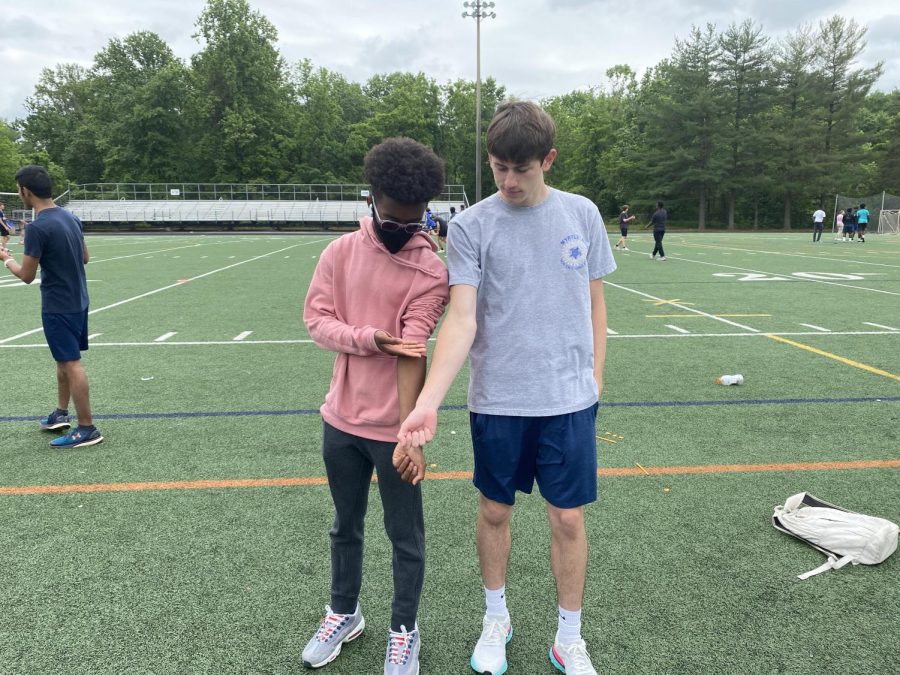
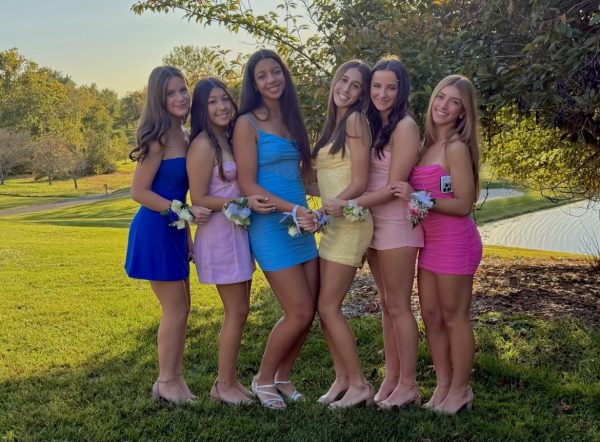
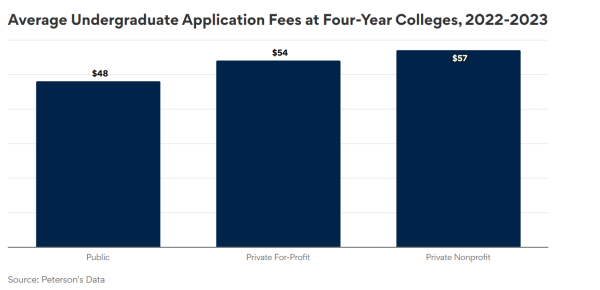
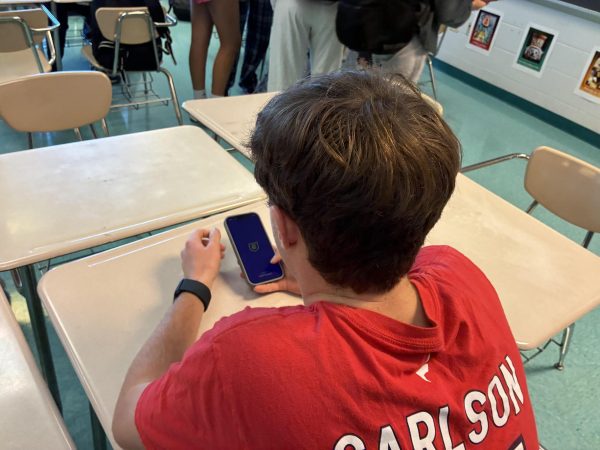
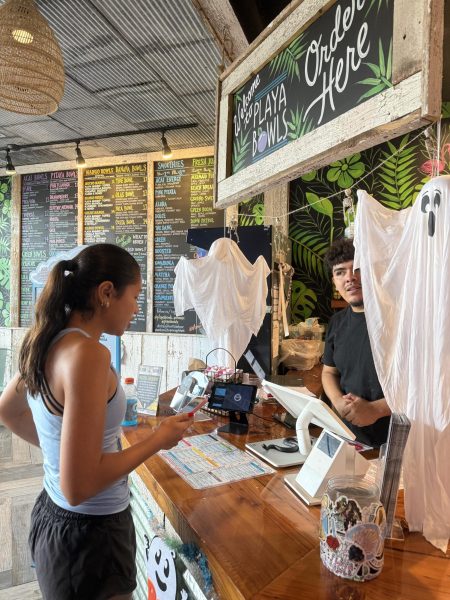
![Editors-in-Chief Ahmed Ibrahim, Helen Manolis, Cameron Cowen, Alex Grainger, Emory Scofield, Hayley Gottesman, Rebekah Buchman and Marley Hoffman create the first print magazine of the year during the October press days. “Only a quarter of the schools in MCPS have programs that are like ours, a thriving, robust program. That makes me really sad. This is not just good for [the student journalists] to be doing this, it’s good for the entire community. What [student journalists] provide to the community is a faith in journalism and that continues for their lifetimes," Starr said.](https://woottoncommonsense.com/wp-content/uploads/2025/10/wmpoFTZkCPiVA3YXA4tnGoSsZ4KmnKYBIfr18p3l-450x600.jpg)